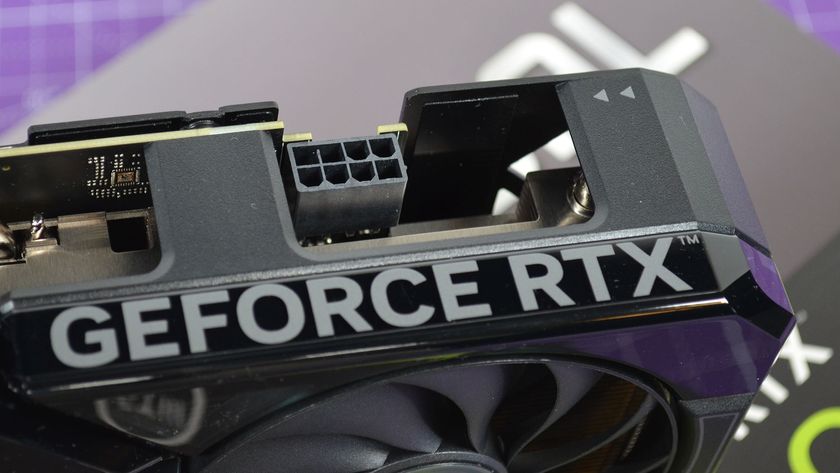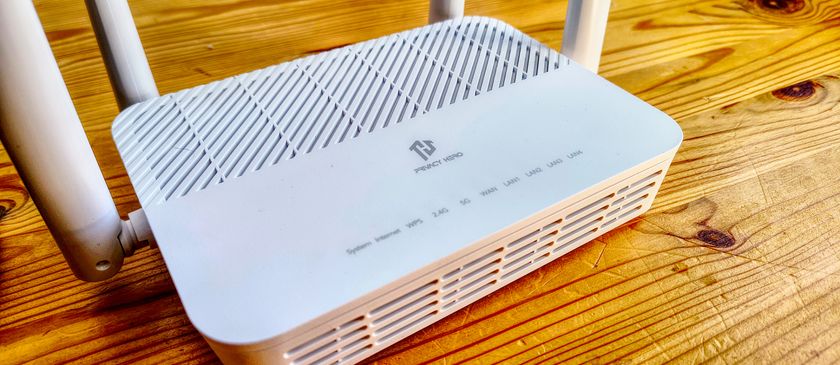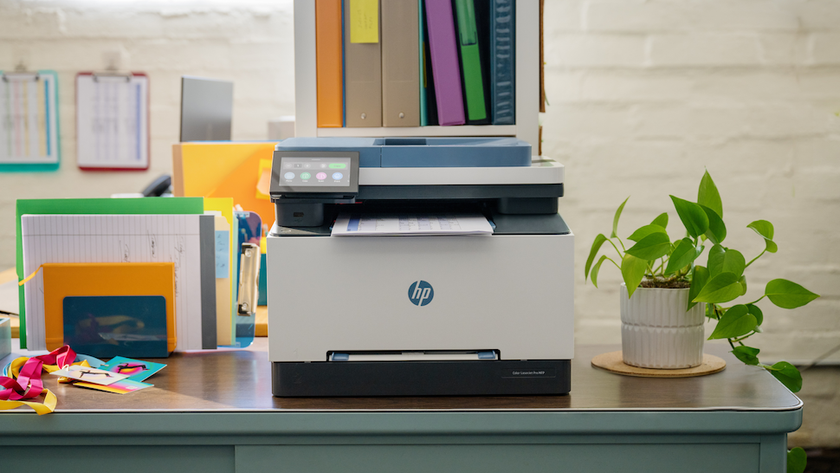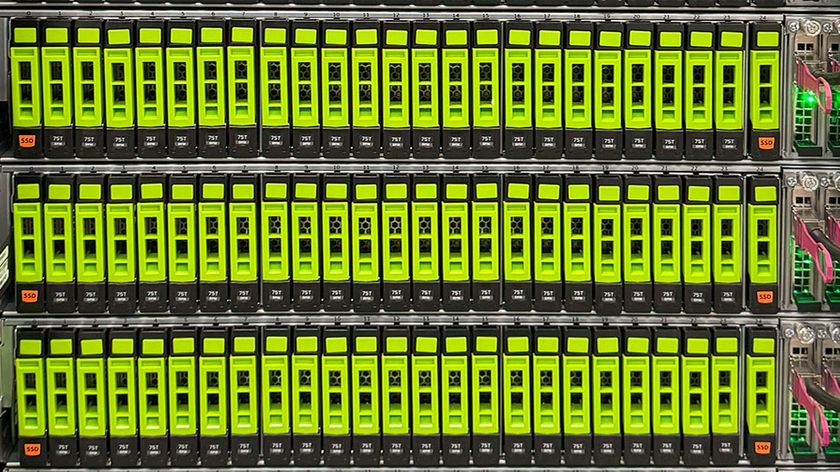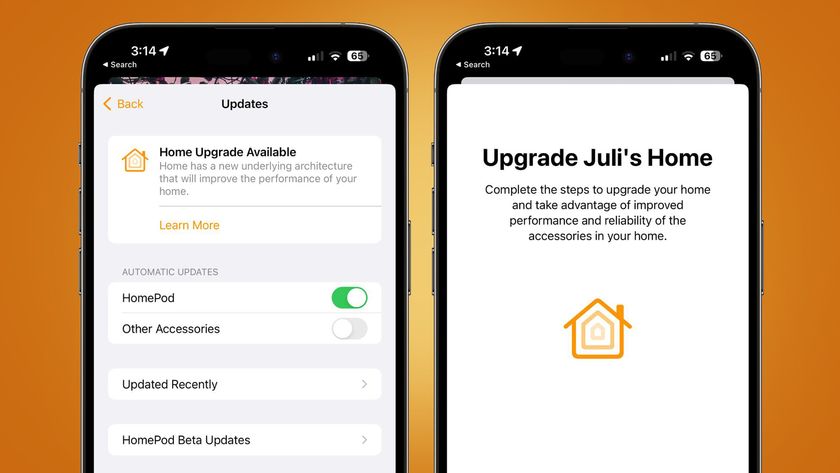Mac Pro 2016: everything we know
Is a new desktop powerhouse about to be revealed?
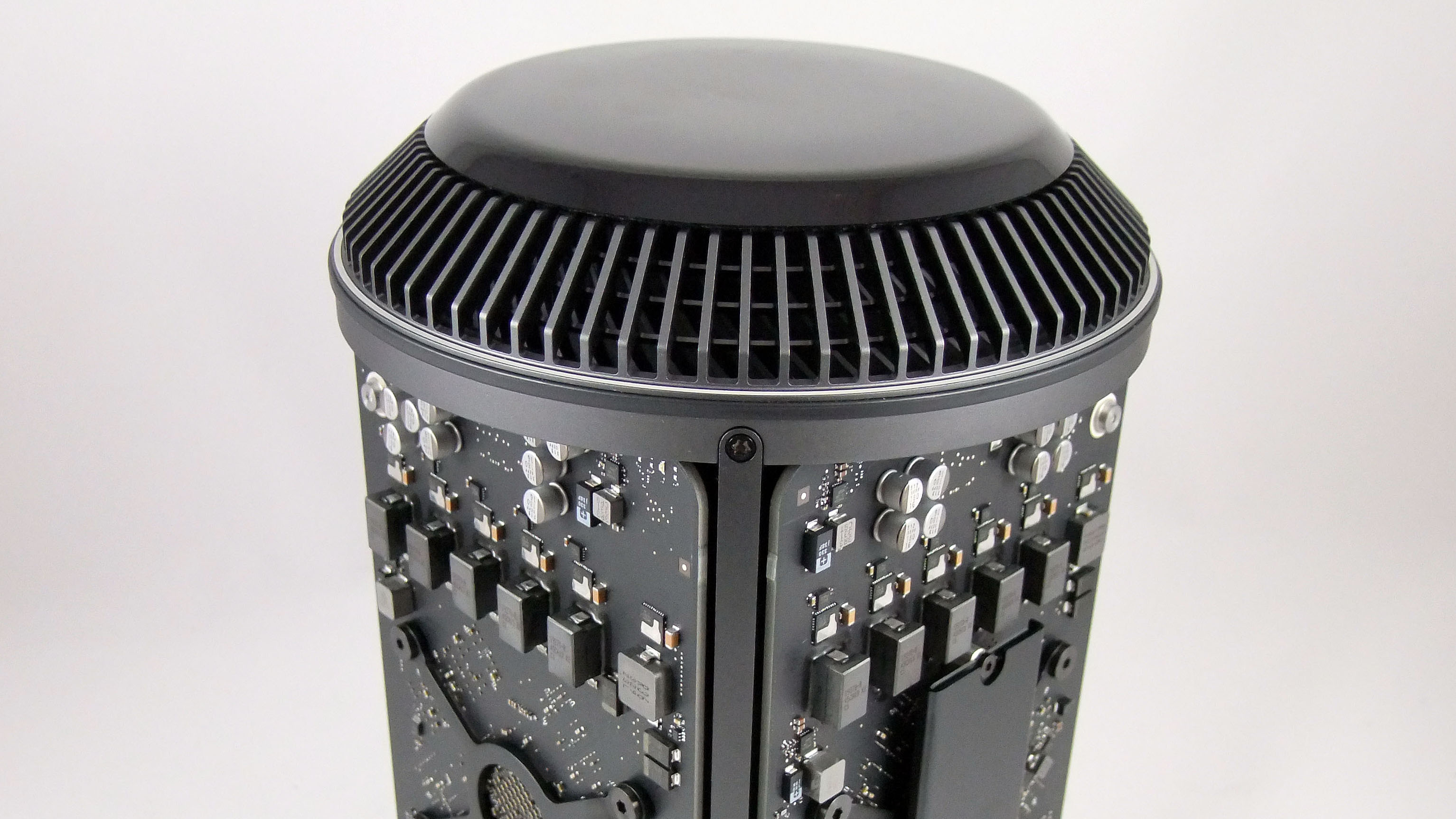
It's been a little while since the Apple Mac Pro received an update. The existing 'trashcan' model was announced at Apple's WWDC back in June 2013, and finally arrived on the market six months later.
Despite it being the company's top-of-the-line desktop, the hardware is starting to look a little dated alongside the rest of Apple's device line-up, so we reckon it is definitely due some specification improvements, and perhaps an updated design, too. Apple's computing market share dipped to 4.9% in Q2 of 2016, so an update to reinvigorate the remaining Mac power users is sorely needed.
Hints in Mac OS X El Capitan's code suggest that the new Mac Pro could arrive with 10 USB ports, whilst either the new Intel Xeon E5 v4 or AMD Zen processors are likely to be the CPU of choice.
Other rumours suggest Apple will be dropping the Mac Pro in favour of a powerful all-in-one iMac Pro with a 5K screen and super-speedy Xeon E7 paired with either the AMD FirePro W9100 or Polaris 10 chipsets.
If you want to know more, keep reading to find out what we're hoping to see in a 2016 Mac Pro update.
- Also check out: iMac 2016 release date, news and rumours
Cut to the chase
- What is it? Apple's most powerful desktop computer
- When is it out? Late 2016
- What will it cost? Expect it to be similar to the current prices, which start at £2,499 (or $2,999)
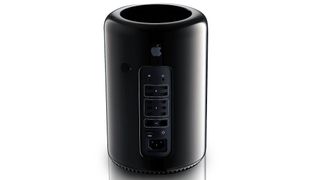
Mac Pro 2016 release date
Everything regarding a Mac Pro release date is pure speculation at present, as it hasn't been confirmed if, or when, a new Mac Pro might arrive. Considering that Apple's top-tier desktop machine hasn't had an update since 2013, it is long overdue.
According to MacObserver, Apple's crowd of dedicated power users is rapidly dwindling, and those that remain are mostly holding on to their aging – but more easily upgraded – Mac Pro workstations from 2012.
Are you a pro? Subscribe to our newsletter
Sign up to the TechRadar Pro newsletter to get all the top news, opinion, features and guidance your business needs to succeed!
With swathes of frustrated Mac users starting to get impatient, we're speculating that Apple's new Mac Pro update – in whatever form it takes – will likely arrive alongside the official release of the macOS Sierra update, which is scheduled for autumn 2016 (probably mid-October).
As is Apple's style, everything official is kept a secret until the moment of release (though sometimes the invitation gives away a hint or two). Once we do finally see a new Mac Pro arrive, you can expect it to be worth the wait.

Mac Pro 2016 price
At present, the range of Mac Pros starts at a lofty £2,499 ($2,999) for a model with a quad-core Xeon processor and 12GB of RAM, whilst the variant with a 6-core Xeon and 16GB of RAM costs an eye-watering £3,299 ($3,999).
Apple tends to be quite rigid with its pricing structure, but as there's uncertainty concerning Apple's next move in the Pro range, it's difficult to predict exactly what the new system could cost.
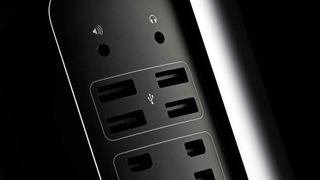
Did El Capitan drop a Mac Pro hint?
El Capitan isn't Apple's latest operating system, as the new Sierra developer preview was launched at WWDC 2016. According to the Pike's Universum blog, hints within El Capitan's code point to a yet-to-be-revealed Mac Pro codenamed 'AAPLJ95,1'.
As the current generation of Mac Pro was codenamed 'AAPLJ90,1', it's highly plausible that the code is referring to an unreleased upgrade.
The code suggests that the new machine will sport 10 USB 3.0 ports, which would be a silly amount to expect on the back of an iMac. The existing Mac Pro has 4 USB ports and 6 Thunderbolt 2 ports, whilst the iMac has 4 USB and 2 Thunderbolt connectors.
It's likely that since this code was dropped, the USB ports would be updated to version 3.1 and Thunderbolt 3 in the form of USB-C ports, offering 40Gbps transfer speeds.
Someone somewhere is likely to already be combing their way through the macOS Sierra code to try and find further hints of unreleased Apple products, and you can be sure we'll update you if anything comes to light.
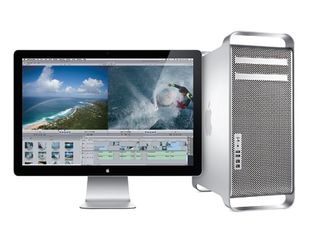
Time to dump the trashcan and return to tower?
Despite the most recent model boasting a compact, aesthetically pleasing cylindrical design, hordes of professional Mac users are still clinging on to their 2010 and 2012 Mac Pros, purely because they are so easily upgradable. The larger tower form factor has space for plenty of storage drives, and the 12-core 3.46GHz Intel Xeon Westmere processor in the older model still rivals the 2.7GHz 12-core Intel Xeon E5 CPU found in the 2013 Mac Pro.
The older 'classic' Mac Pro also had ample space for a wide range of powerful video cards, alongside multiple expansion cards and other upgrades. The current 'trashcan' design (as some refer to it) is much more limited in this department, and means that external expansion cages and drives clutter desks, detracting somewhat from the monolithic appearance of the Mac Pro.
Despite the current Mac Pro being a very powerful machine, it's not really ideal for the intended market. Professional developers, music and video producers need the room for PCI expansion and plenty of storage possibilities, leading many to question the viability of the Mac Pro in its existing form.
Because of this need, we can't see Apple dropping its most powerful line altogether, although the company could reinvent the Mac Pro with a clever add-on that sits alongside or below the existing cylindrical tower, and offers the expansion that power users so desperately need. Similar ideas have been employed for recent gaming laptops such as the Alienware Graphics Amplifier, though this makes more sense when portability is required – not with a static desktop machine.

Is an iMac enough for the pros?
It's clear that we've been waiting long enough for a refresh, particularly when yearly iterations have become the norm across Apple's other device ranges. Apple needs to pull something out of the bag to please dedicated pro users who are still so entwined with macOS and the dwindling range of exclusive software available on it.
The cylindrical Mac Pro is an incredibly complex design, so much so that Apple recently patented the form factor and the way the components are organised within. Whilst this might suggest that Apple is not yet done with the current Mac Pro, many users who don't need the expansion possibilities detailed above will be content (for now) with a beefed-up iMac.
An iMac Pro would have to offer a 27-inch 5K display, one or two of the latest Intel Xeon E7 or AMD Zen processors, and a 32GB AMD FirePro W9100 or an 8GB Radeon RX 480 (which is based on AMD's new Polaris 10 architecture) to satisfy the cravings of Mac Pro users. Is all this possible, or even enough? Only time will tell.










